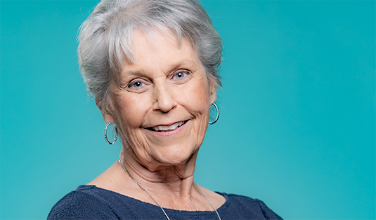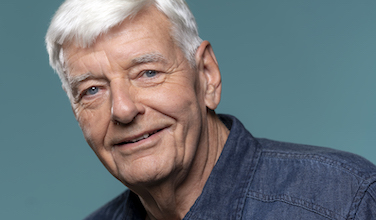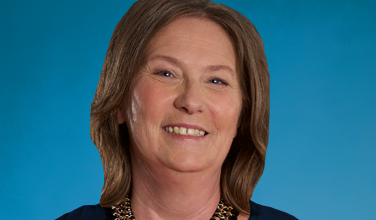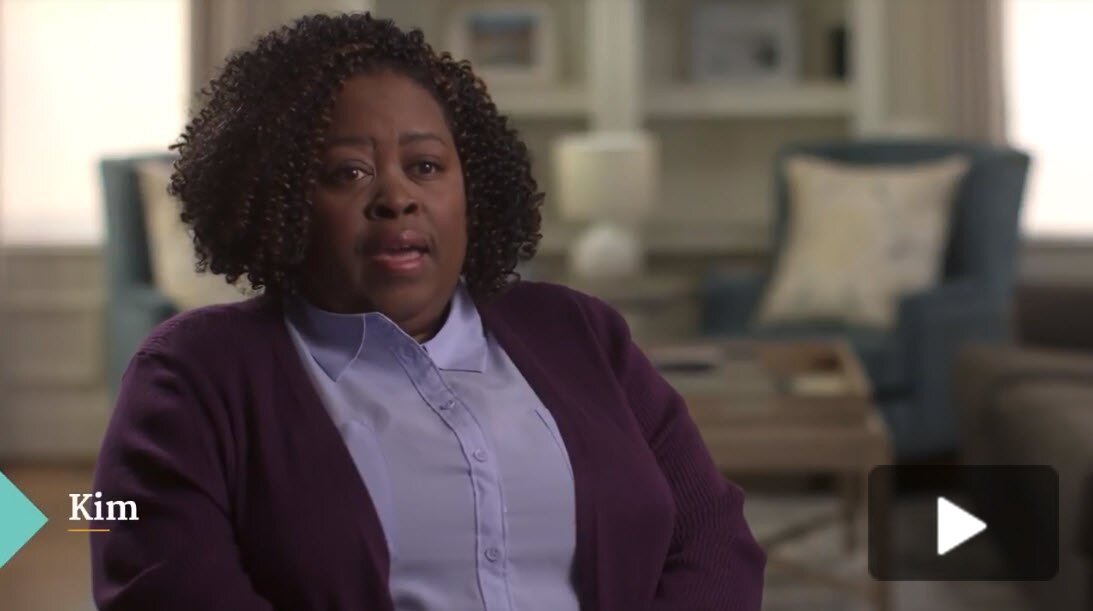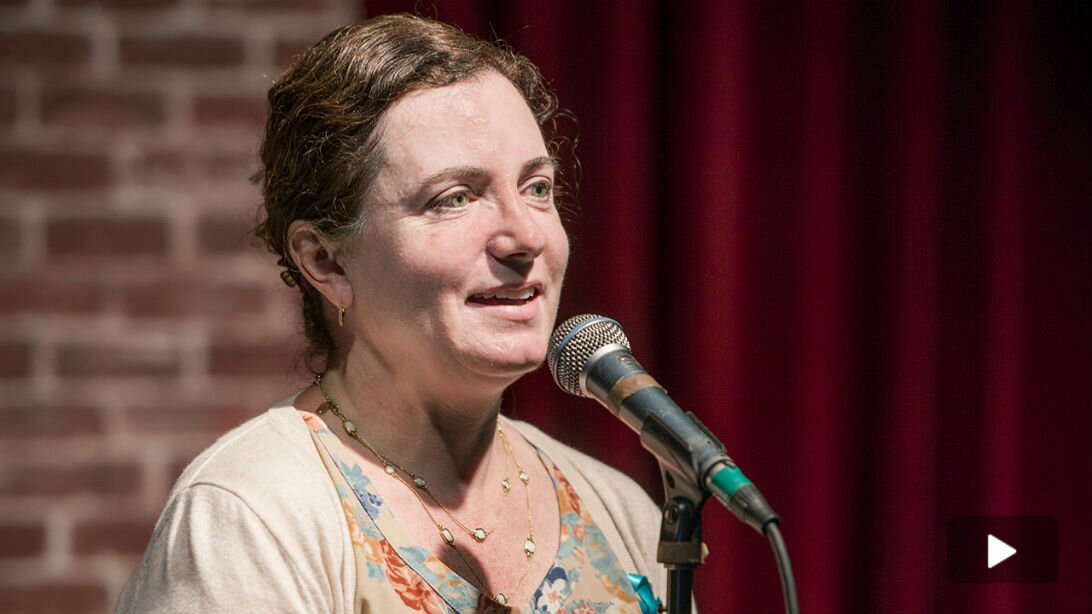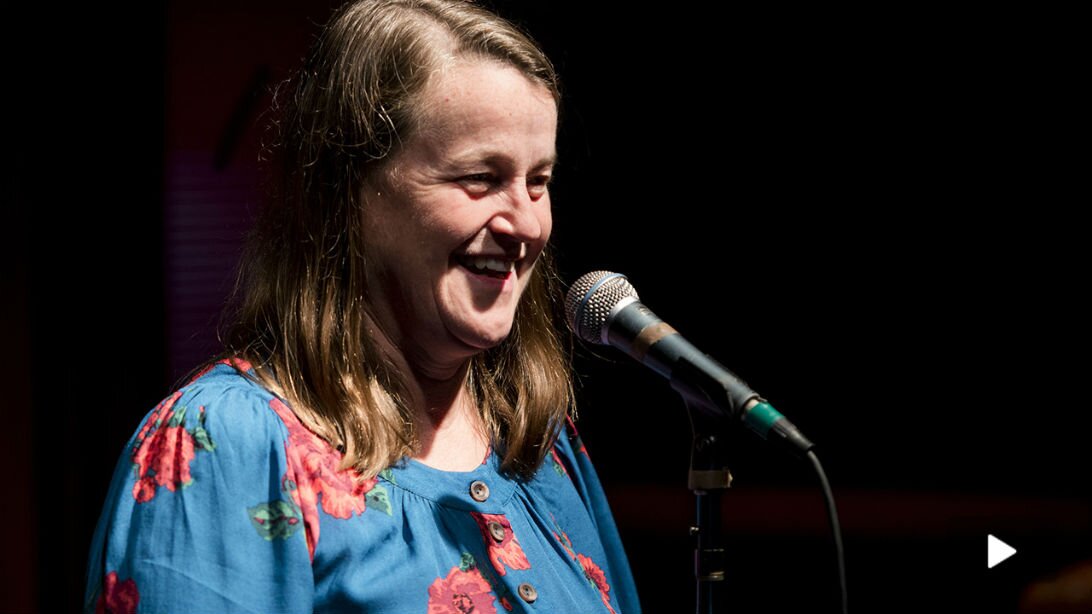I am a firm believer that women can make better educated choices about their ovarian cancer treatment when they are aware of all of the possible treatment options available to them – including clinical trials and newer medications. Awareness of current research serves to allay fear and a sense of hopelessness.
I first learned about maintenance therapy a few years ago, when I became aware of some clinical trials examining the effectiveness of a type of drug known as PARP inhibitors. The prospect that these medications could produce positive results provided women like me, facing recurrences, a sense of hope.
I encourage all women, especially those who do not have a gynecologic oncologist, to take the time to conduct their own research about the latest medical advances and newer treatments for ovarian cancer. When learning about a treatment option, it is prudent to have a list of written questions. For example, consider the following:
- Given the stage of my disease and previous treatments, what options are available to me?
- What are the side effects?
- How is it administered?
- Will my insurance cover it?
- How did this drug work for women like me?
I highly recommend requesting brochures, testimonials or other available resources from your doctor. Empower yourself by knowing the right questions to ask and getting your hands on credible information or research.
For those who may not be familiar, maintenance therapy – which includes PARP inhibitors – is a treatment for women whose ovarian cancer has responded (either complete response or partial response) to chemotherapy treatment after their cancer recurred. The aim is to prolong the time you are living without the disease recurring or progressing.
When my gynecologic oncologist presented maintenance therapy to me as an option, I reviewed a pamphlet. I took extended time with the nurse, who answered a few more of my questions, which were focused on the statistics of remission, whether or not my age would be a factor and if my insurance would cover it. Because there is more than one choice for maintenance treatment, it’s essential to have conversations with your healthcare professional about what is best for you.
I chose to not “watch and wait” after my chemotherapy. I chose to move forward with a maintenance treatment, based on my research and conversations with my healthcare provider. I am so appreciative of the researchers and women who volunteered to take part in the clinical trials that made this treatment available to me. If it were not for them, other women might not have as many options to consider as part of their treatment plans.
Many of us ovarian cancer survivors know that each day is a blessing. I am at peace. I am grateful. And I encourage other women to feel empowered to be proactive in their treatment plans.

